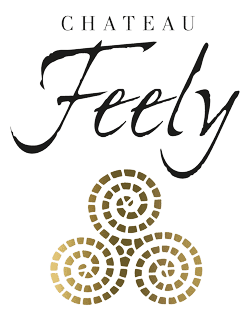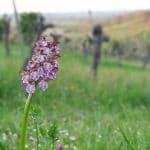Reasons to choose certified organic wine – reply to Irish Times article
A recent article by John Wilson in the Irish Times – ‘organic wine- is it worth the label it’s printed on?’ – motivated me to create this post in reply.
Before diving into the details it is important to state why choose organic – I outline ten key reasons in this post.
Why choose certified organic?
It is your guarantee that the product was made without synthetic fertilisers, systemic pesticides and herbicides or genetic modification. In Europe it’s illegal to say organic if it’s not certified. The organic rules are part of EU law so you can be sure that when you buy a certified organic product no systemic pesticides were used in its production.
The Irish Times article states that small producers say they are not certified organic because it is ‘too expensive’, the ‘paperwork is too laborious’ or the ‘rules are too lax’. I analyse each of these statements below.
a/ ‘Too expensive’ – see my analysis of why this is incorrect and why you should definitely question someone who says they are organic but not certified .
b/ ‘Paperwork too laborious’ – the paper work required for organic certification in France is required by law regardless of whether you are organic or not. Your vineyard file, your winery file and your accounts have to be kept and available regardless of whether you are organic. Yes, on the day of your certification visit every year you will have to spend some time with the certifier (half a day for our farm of around 10ha) but it is a small price to pay to offer the consumer an trustworthy label of our farming and production bona fides. Given EU law the same must be true in all EU countries.
c/ ‘Rules too lax’ – organic certification is a minimum for an ecological farm. Producers are free to apply more strict rules to their farm and wines eg biodynamic or natural in the case of wine. Organic certification is also a prerequisite for biodynamic certifiers like Demeter. Saying you don’t want to be certified because the rules are too lax is not a valid argument – if a producer really is organic they get certified and go to the next level with Demeter / SAINS or whatever suits their less lax preferences.
At Chateau Feely we are certified organic. Certification offers winelovers a reliable, easy to discern and trustworthy environmental label that is governed by EU law and policed.
Offering alternative certifications like HVE in France and ‘sustainable’ in many countries creates confusion and both are a lower standard than organic. In both of these the farmer can continue to use herbicide but still have an ‘ecological label’ thus creating total confusion for consumers particularly if producers say ‘it is better than organic’ as does the example offered in the Irish Times article.
I have seen the same said by French farmers who are HVE and still happily spraying herbicides on their vineyards. A product laced with herbicide is not an organic or better than organic product.
Real organic farmers that don’t bother to get certified are doing themselves and consumers a great disservice. I don’t trust someone who says they are organic but not certified for reasons outlined in my article linked above. Not only that, what they are doing is fraud, in the EU it is illegal to say you are organic if you are not certified organic.
Given the growth in consumer demand for organic there is more incentive to say ‘we’re organic but not certified’ to make the sale. Don’t accept that cop out. If you are an importer suggest that if they are really organic they get certified – perhaps even discuss helping them cover the costs of certification if that really is an issue (hard to believe given my cost benefit economic analysis in this post ).
In the same Irish Times article John says ‘Growers are using far less herbicides and fungicides than ever before’.
Unfortunately this is incorrect. I wish it were true. Farmers are using MORE herbicides and fungicides. I don’t have vineyard specific statistics but EU pesticide and herbicide statistics show little sign of reduction. In France vineyards are around 3.7% of the farmed land and use some 20% of the pesticides.
The worst offenders for herbicide and pesticides classed CMR in France (those that are know to give you cancer, nervous system disruption and reproductive disruption) are high vineyard areas like Gironde and Vaucluse in Provence. France set the impressive objective to halve pesticide use between 2008 and 2018 only to fail miserably. There has a net increase in pesticide use – no reduction. See my recent post on the increase in global herbicide use.
Choose certified organic. Even better choose certified organic and biodynamic.
Chateau Feely is proud to celebrate 10 years certified organic. We know the commitment required to get to this milestone and how important it is for consumers. Please don’t accept the cop out of ‘we’re organic but not certified’ or ‘we’re sustainable and that’s better than organic’ – demand the fine details and ask why they are not certified organic if they really are ‘organic’ or ‘better than organic’.
For more details on why choose certified organic see these recent articles on Chateau Feely’s blog:
- Latour certified organic + cost of organic certification versus the premium for being certified organic
- How to tell if a wine is organic or not
- What pesticides taste like – signature aromas and flavours in conventional wines
- What the sulfite?!? Sulfites in wine – why you should care and what it is
- Why choose organic anything but especially wine
Come and learn more about organic farming with a visit to Chateau Feely in South West France ; stay with us or do a multi day course or multi day tour .
You can read about the story of our organic farm the series includes three books Grape Expectations; Saving our Skins and Glass Half Full by Caro Feely. Join our mailing list to receive our seasonal newsletter, events, wine pairing, recipes and more info on this topic at the bottom right of this page.










Bravo Caro, it becomes very irritating to constantly come across those throw away comments “we are organic but not certified” etc. The producers may know that but they have to consider their customers who can be thousands of kilometers away, spending their hard earned money. How can they convince them?
I was searching to see if I could find the copies of Que Choisir magazine that give a detailed analysis of residual pesticides in wines; the results had improved over the intervening year but still quite alarming in some regions of France. Can’t put my hand on them at the moment.
Thanks Mary. Totally agree.
Bravo indeed! There are so many quasi green systems, that are clearly not Organic and are not policed properly. It’s the same for so called “natural wines”, no clear definition or any standards. Go to a supplier with integrity whom you have researched and trust, and always look for certification, as it’s the only guarante.
Looking forward to a new book…..
Hugh